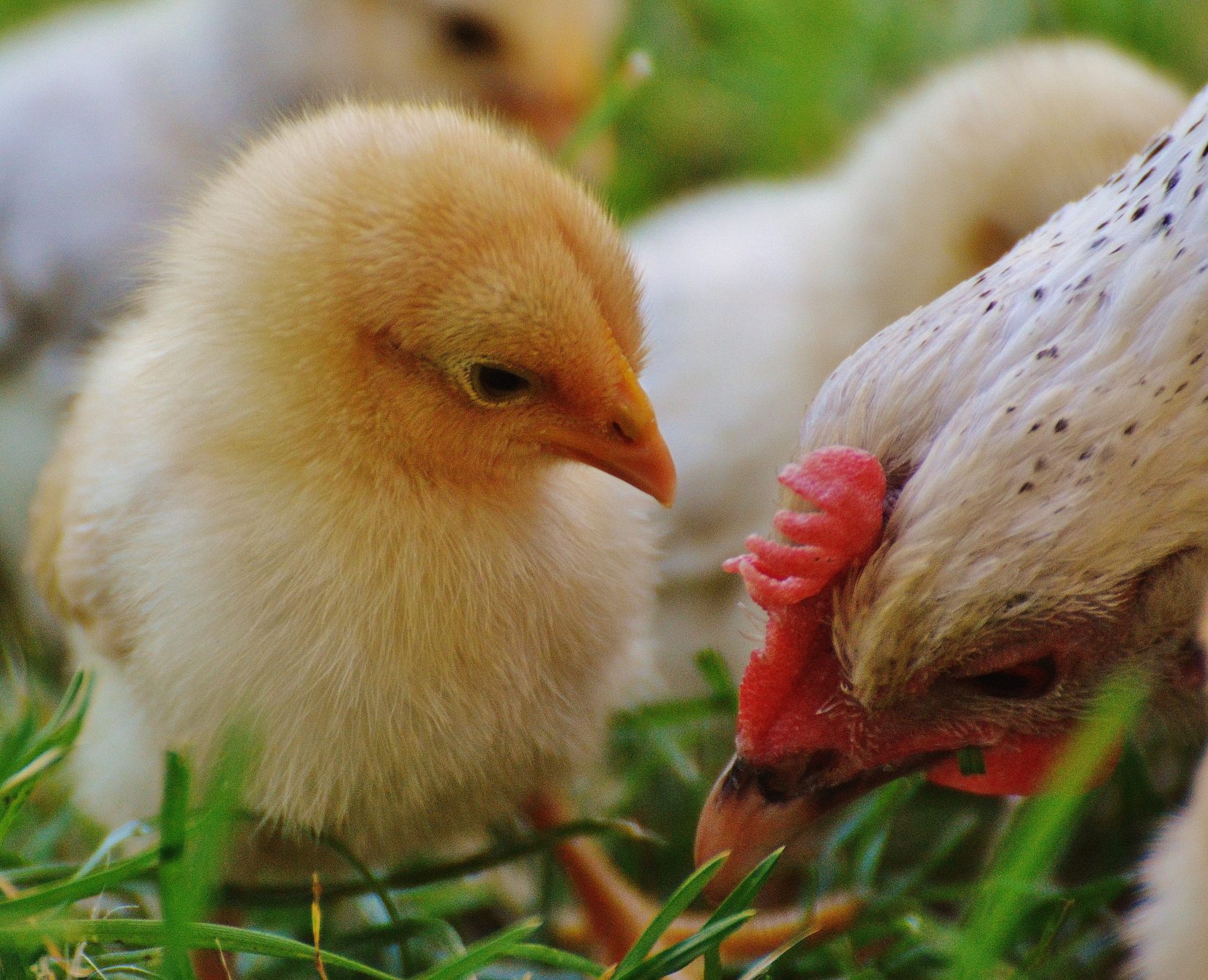Welcome to Facts Vibes! Whether you’re a poultry enthusiast or just curious about these fascinating creatures, here are 10 intriguing facts about chickens that will leave you clucking for more. From their surprising intelligence to their unique communication styles, get ready to dive into the captivating world of our feathered friends.
The Fascinating World of Chickens: 10 Surprising Facts Revealed
The Fascinating World of Chickens: 10 Surprising Facts Revealed
1. Intelligent Birds: Chickens are intelligent animals with the ability to learn from experience and solve complex problems. Studies have shown that they can perform basic arithmetic and understand cause-and-effect relationships.
2. Unique Personalities: Chickens have distinct personalities and form social hierarchies within their flocks. Some are more outgoing and adventurous, while others are more cautious and reserved.
3. Communication Skills: Chickens communicate with each other using a variety of vocalizations, body language, and even facial expressions. They can convey information about food sources, potential threats, and social interactions through their vocal calls.
4. Ancient History: Domesticated chickens have been companions to humans for thousands of years, with evidence of their presence dating back to ancient civilizations such as the Egyptians and Romans.
5. Feather Colors: The color and pattern of a chicken’s feathers can vary widely, ranging from solid white or black to intricate combinations of stripes, spots, and mottling. This diversity adds to the visual appeal of different chicken breeds.
6. Eggshell Diversity: Chicken eggs come in a multitude of colors, including white, brown, blue, green, and even pink. This variation is due to genetics and can be found across different breeds of chickens.
7. Natural Foragers: Chickens are skilled foragers, constantly pecking and scratching at the ground in search of insects, seeds, and plants. Their natural behavior contributes to pest control and soil aeration in outdoor environments.
8. Molting Process: Chickens undergo a molting process in which they shed and regrow their feathers annually. This natural cycle allows them to maintain healthy plumage and adapt to seasonal changes.
9. Therapeutic Benefits: Interacting with chickens has been shown to have therapeutic benefits for humans, reducing stress and anxiety while promoting a sense of calm and connection with nature.
10. Sociable Creatures: Chickens thrive in the company of other chickens and often form close bonds with their human caretakers, enjoying human interaction and affection.
These fascinating facts offer a glimpse into the intriguing world of chickens, showcasing their intelligence, social dynamics, and unique traits.
Most popular facts
Chickens are domesticated birds and one of the most widely kept animals in the world.
Chickens are domesticated birds and one of the most widely kept animals in the world.
The scientific name for the domestic chicken is Gallus gallus domesticus.
The scientific name for the domestic chicken is Gallus gallus domesticus.
Chickens can live for 5 to 10 years, with the oldest recorded chicken living to be 16 years old.
Chickens can live for 5 to 10 years, with the oldest recorded chicken living to be 16 years old.
There are more chickens in the world than any other bird species.
True.
Chickens have a unique communication system with over 30 different calls to convey messages.
Chickens have a unique communication system with over 30 different calls to convey messages.
There are hundreds of different chicken breeds, each with unique characteristics and traits.
Chicken breeds vary widely in terms of their characteristics and traits, with hundreds of different options available.
Chickens are omnivores, meaning they eat both plants and animals.
Chickens are omnivores, meaning they eat both plants and animals.
The color of a chicken’s earlobes can indicate the color of their eggs, with white earlobes usually producing white eggs and red earlobes producing brown eggs.
Yes, the color of a chicken’s earlobes can indicate the color of their eggs.
Chickens have a remarkable ability to remember and recognize individual faces, both of humans and other chickens.
Chickens have a remarkable ability to remember and recognize individual faces, both of humans and other chickens.
Roosters are male chickens known for their distinctive crowing, which they use to establish territory and attract mates.
Roosters are male chickens known for their distinctive crowing, which they use to establish territory and attract mates.
Hens can lay eggs without the presence of a rooster, but these eggs are not fertilized and will not hatch into chicks.
Hens can lay eggs without the presence of a rooster, but these eggs are not fertilized and will not hatch into chicks.
Chickens are excellent at pest control, as they eat insects, ticks, and even small rodents.
Chickens are excellent at pest control because they eat insects, ticks, and even small rodents.
The ancestor of the modern chicken is the red junglefowl, native to Southeast Asia.
The ancestor of the modern chicken is the red junglefowl, native to Southeast Asia.
Chickens have a well-developed sense of taste and can differentiate between various foods and flavors.
Chickens have a well-developed sense of taste and can differentiate between various foods and flavors.
Chickens are social animals and form complex social hierarchies within their flocks.
Chickens are social animals and form complex social hierarchies within their flocks.
In conclusion, chickens are fascinating creatures that play a vital role in agriculture and food production. From their remarkable ability to communicate with each other to their surprising intelligence, it’s clear that chickens are an essential part of our world. Understanding these 10 facts about chickens gives us a deeper appreciation for these birds and the impact they have on our lives.
